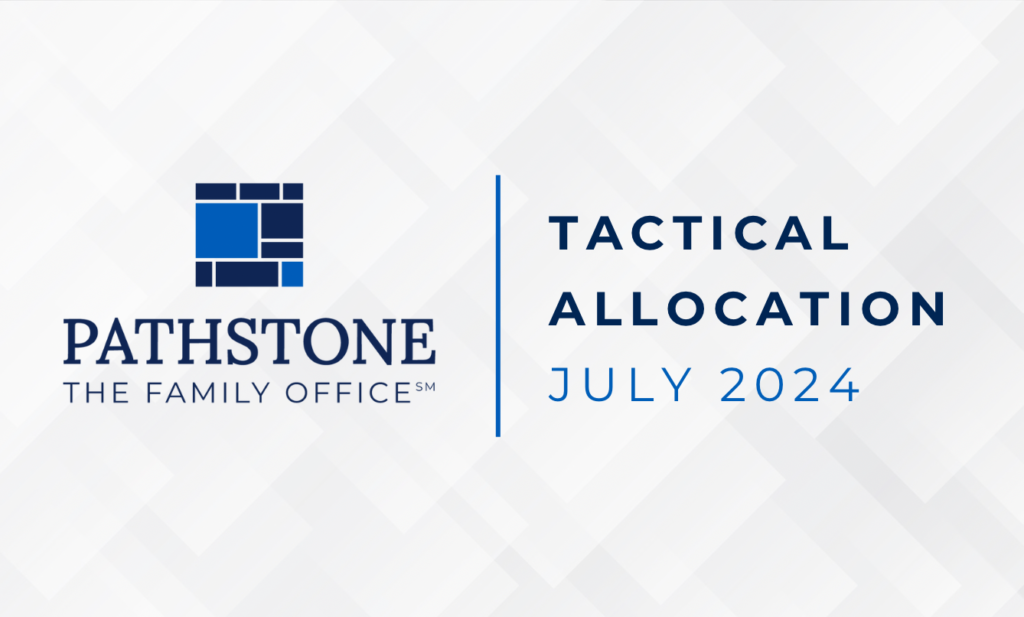Estate Planning Q&A
1. I’m worried that my children will not inherit if my spouse remarries. What should I do to ensure they receive funds from me if I pass away before my spouse?
The use of trusts in your estate plan will ensure that your spouse is taken care of and will also ensure that your children inherit from you. The use of a credit shelter (also known as bypass) trust and marital trusts will allow your spouse to continue the lifestyle to which they are accustomed but also has the additional benefits of allowing you to direct what happens to your assets in trust upon your spouse’s passing.
2. I am a business owner with no business partners, and I don’t think my spouse can run the business if I die first. What estate planning items should I consider?
In addition to an estate plan for your assets, you need a written succession plan for the business (assuming the business will continue to have value after you have passed). The succession plan should identify a means of keeping the business running or preparing it for sale. If you have employees, consider training any key staff to run the business when you are no longer able. In addition to the written plan, engage the relevant parties in a series of discussions (both those who will run the business and those who will inherit it) so all are informed and prepared to act in the event of your passing.
3. What liabilities am I responsible for if my spouse dies before me?
Your spouse’s separate debts (including estate taxes, if any) are payable from the assets of his or her estate. Beyond that, it generally depends on state law where you live. If you co-signed on a debt, you are liable for it. If the debt is a separate debt of your deceased spouse, creditors are generally barred from pursuing you to satisfy, but there are exceptions. State law may require you to pay only certain debts or generally hold you liable to the extent of any property the two of you owned jointly during life. In community property states, the surviving spouse may be required to use only spousal community property to pay the debts of a deceased spouse.
4. Am I entitled to, or am I liable for my spouse’s business interests if they pass before I do?
Assuming no other contrary contractual arrangements in the business ownership agreements (i.e., buy/sell agreements, options, vesting forfeitures), you are entitled to your spouse’s business interests if jointly owned or directed to you under the estate plan. Any debts of the business would first be owed by the business itself. Assuming you did not co-sign on any of the debts, you generally would not be liable for them if they exceed the assets of the business.
5. Since my spouse passed away, do I need to update my estate planning?
You should generally review your estate plan every 3-5 years and after any significant life event, such as the death of your spouse, for several reasons. First, you should review both your and your spouse’s estate documents within nine months of their death in case any disclaimer planning may be necessary. Disclaimer provisions in your joint estate plan may provide you the opportunity to correct oversights or out-of-date provisions but must be handled promptly after death. Disclaimers may also allow you to direct any wealth in excess of your needs to the children both sooner and more efficiently, allowing those assets to grow outside of your potentially taxable estate. Second, you have likely named your spouse in many key legal roles in your planning, including personal representative, financial and healthcare power of attorney, and possibly trustee of any future trusts your plan creates. These documents must be updated to specify a new individual and a successor(s). Last, your spouse’s passing may have created trusts for the benefit of you and/or your children. You should review your plan in conjunction with these trusts to determine the priority for spending. There may also be opportunities for income tax management or lifetime gifting through trust distributions or by exercising a lifetime power of appointment.
6. My spouse has passed away, and now I have my retirement funds, a credit shelter trust, and a marital trust. Which should I spend down first?
Your retirement accounts will have required minimum distributions (RMDs) after a certain age, so you will be forced to take distributions of at least that amount, pay the associated income tax, and the remainder of the distribution can help support your lifestyle. Since these distributions are required, this is by default your first bucket to draw upon. However, taking more than the required amount may incur tax that you might not otherwise need to pay. For amounts needed above the RMD, you should look to the marital trust, as it will be included in your taxable estate. Accordingly, spending down this trust can shrink your taxable estate and any estate tax that you may owe at death. Last, since the credit shelter trust (also known as a bypass trust) is funded using your spouse’s remaining transfer tax exemption, the assets in this trust (and any appreciation on them) are exempt from federal estate tax at your death. Therefore, you should draw on the credit shelter trust last, as its assets will pass to your children’s estate and gift tax-free.
7. What happens to my estate plan/what do I do if I get divorced?
As mentioned previously, you should revise your estate plan whenever you have had a major life event, such as a divorce. In addition to changing your wills and trusts, do not forget to change the beneficiary designations for your retirement accounts and life insurance and remove any pay-on death-designations (PODs) for bank or brokerage accounts. If your parents are still living and may have made provisions for your now ex-spouse in their estate plan, review and revision of these plans should be coordinated as well.
This article was curated by the HerPath committee, an initiative dedicated to advancing women’s financial knowledge, enabling them to be better informed and equipped to make financial decisions. If you would like to learn more about HerPath or discuss estate planning and take control of your finances, please contact us.
Please see the PDF version of this article for important disclosures.




















